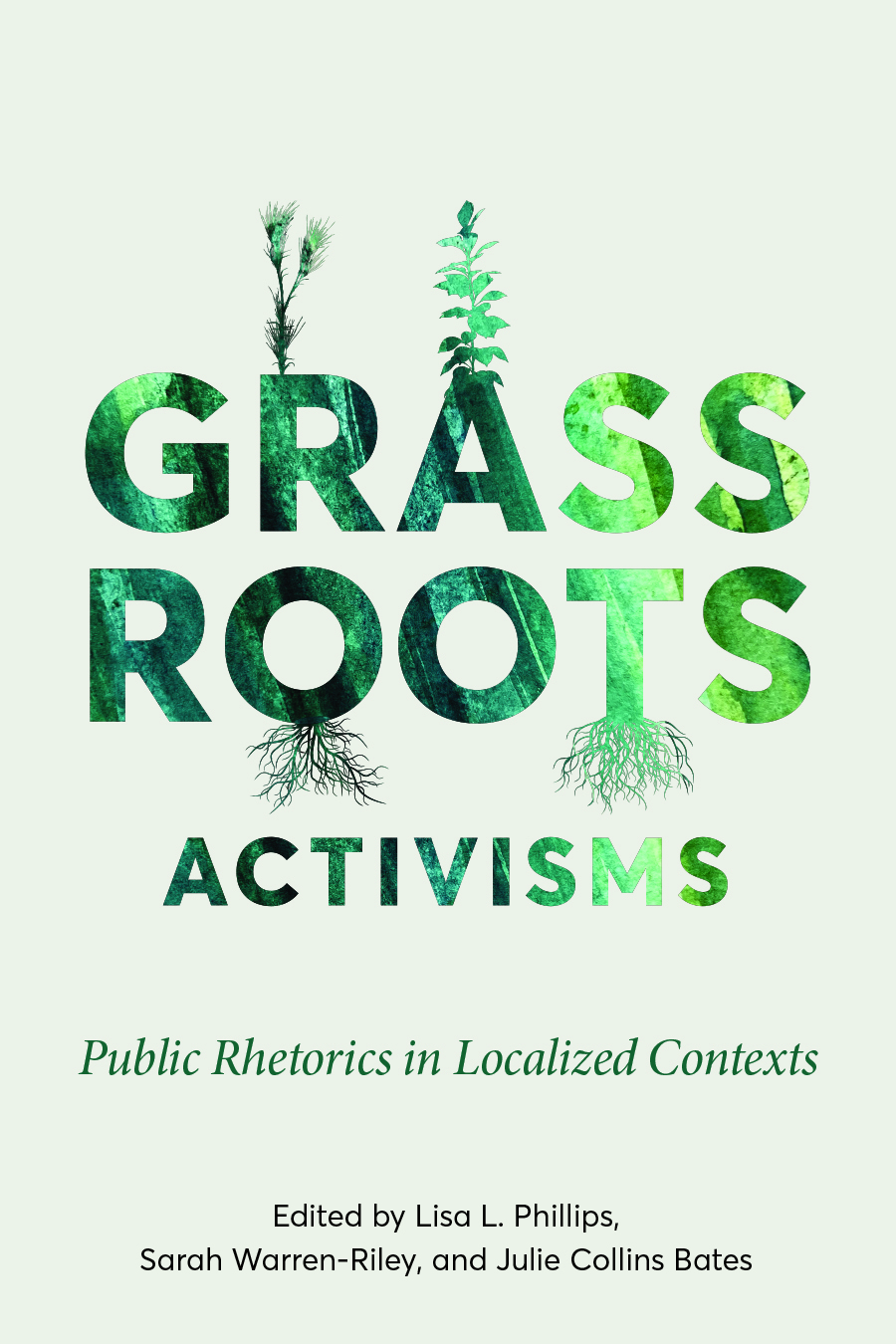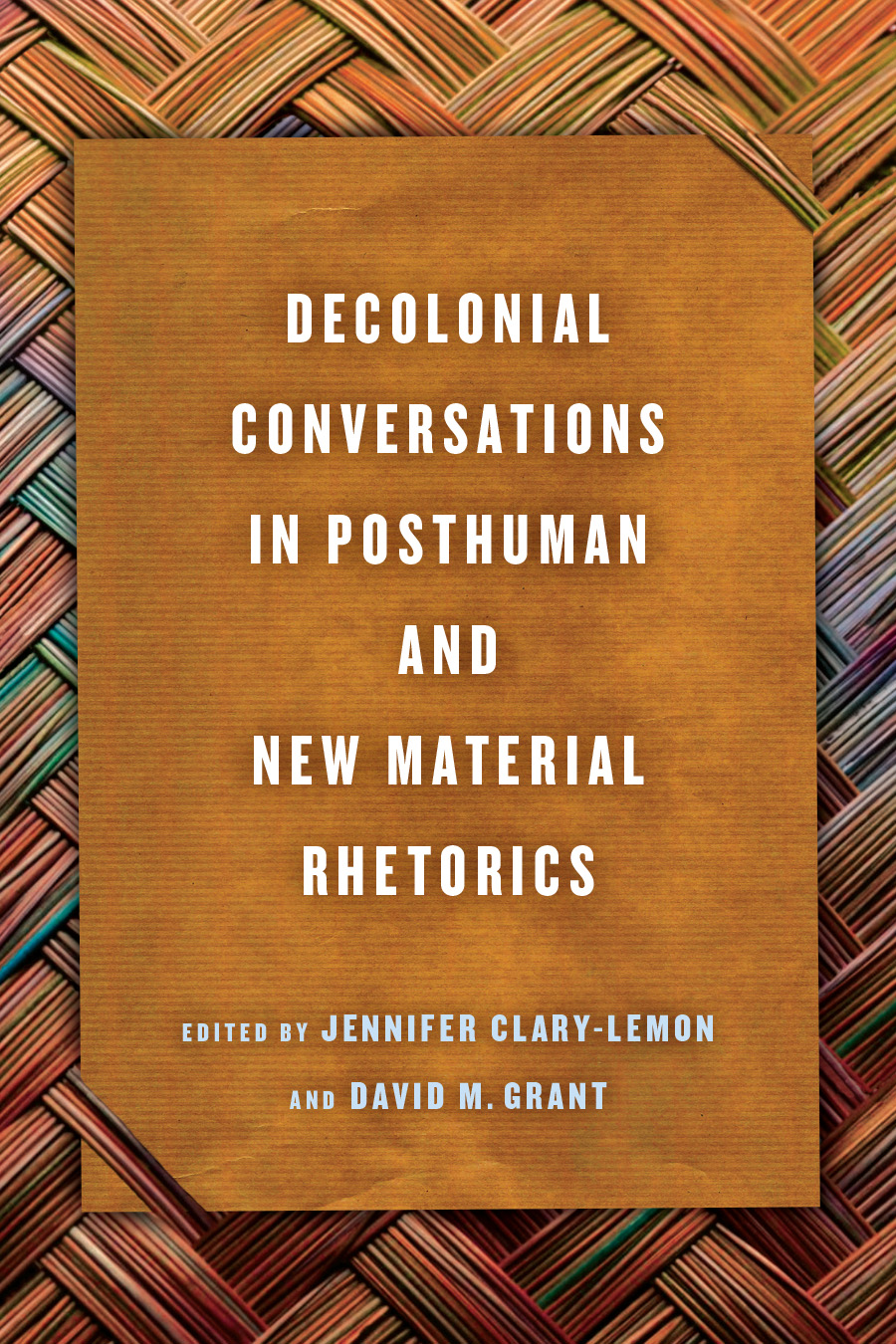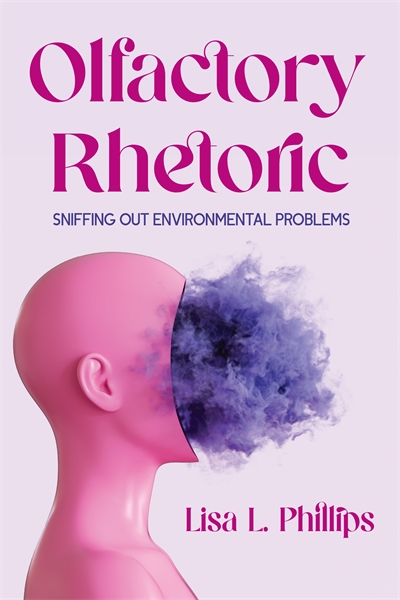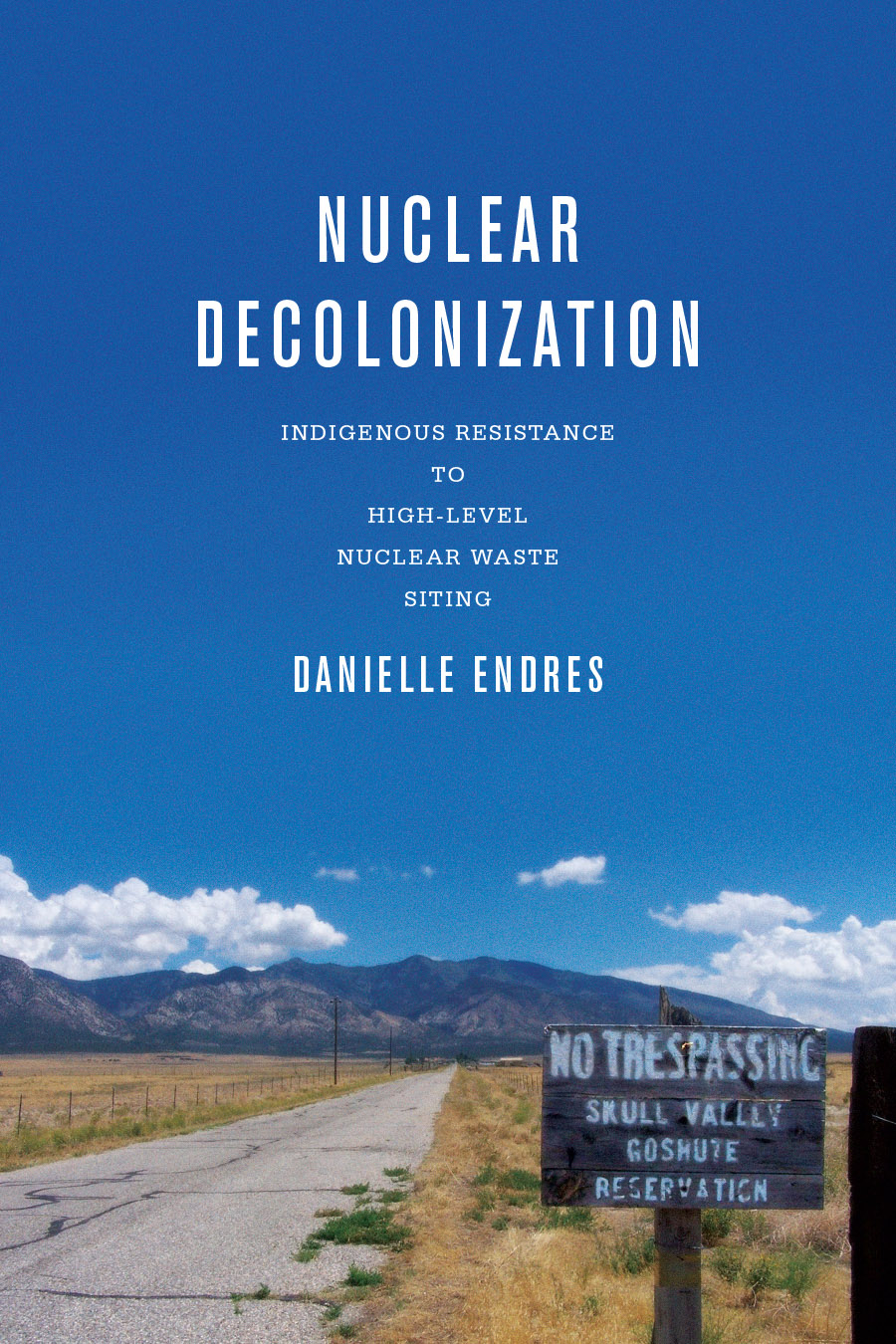“An important contribution from the field of rhetoric for environmental philosophy. Summing Up: Recommended. Graduate students, faculty, and professionals.” —K. D. Evans, CHOICE
“Sensory scholars will find much to build upon in how the chosen examples reflect a ‘RISE’ approach to environmental injustice....By focusing on the personal and impermanent, RISE proves an invaluable tactic for illuminating unequal burdens of environmental risk.” —Anthony Gomez III, ISLE: Interdisciplinary Studies in Literature and Environment
“Olfactory Rhetoric clarifies the necessity of including the sensorium as rhetorical evidence, especially when considering environmental problems. Phillips’s intriguing neologisms like lungscape, smellscape, nosewitnessing, and nosesay will help material rhetorical scholars rethink how our language constructs ocular and language-based biases.” —Emma Frances Bloomfield, author of Science v. Story: Narrative Strategies for Science Communicators
Human senses have the potential to play a significant role in inspiring action to combat climate change. When we smell pollutants in the air, for example, or feel the blast of a polar vortex, we are more likely to act in response to these changes in environmental conditions. However, the sensorium—and particularly our sense of smell—is often downplayed when we consider the rhetorics of environmental crises. In Olfactory Rhetoric, Lisa L. Phillips argues that how we sense the world around us should be a crucial piece of rhetorical evidence when evaluating environmental injustices. Specifically, Phillips elevates olfaction (what we smell) and olfactory rhetoric (how we talk about and experience what we smell) when discussing three contemporary environmental crises set in historically marginalized communities: the Sriracha sauce factory controversy, the Salton Sea scent events, and the Blue Ridge Landfill emissions problem. On a broader scale, Phillips develops an intersectional ecofeminist sensory-rhetorical approach for evaluating how olfactory and sensory persuasions work and how they can be used to advocate for environmental justice and a more breathable future.
Lisa L. Phillips is Assistant Professor of English in the Technical Communication and Rhetoric Program at Texas Tech University. She is the coeditor of Grassroots Activisms: Public Rhetorics in Localized Contexts.
Contents
List of Illustrations
Preface Environmental Injustice Stinks
List of Abbreviations
Introduction Rhetoric Comes to Its Senses
Chapter 1 Proposing a Sensory Rhetorical Approach to Environmental Problems
Chapter 2 Is It Pepper Spray or Sriracha Sauce?
Chapter 3 Something Smells Fishy at the Salton Sea
Chapter 4 Nasal Rangers at the Blue Ridge Landfill
Chapter 5 Launching a Call to Sense
Acknowledgments
Works Cited
Index
Related Titles:

Grassroots Activisms
Public Rhetorics in Localized Contexts
Edited by Lisa L. Phillips, Sarah Warren-Riley, and Julie Collins Bates

Decolonial Conversations in Posthuman and New Material Rhetorics
Edited by Jennifer Clary-Lemon and David M. Grant



